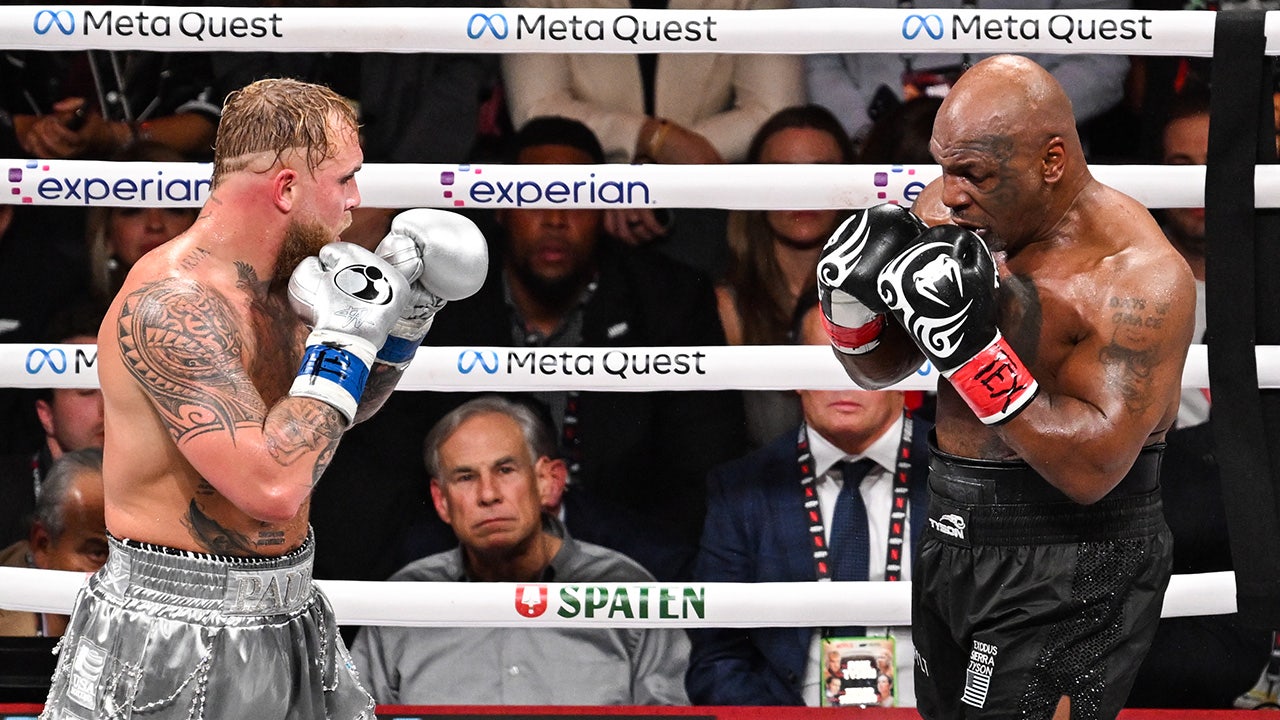State Rep. Justin Sparks, a Republican from Wildwood, speaks March 24 during debate in the Missouri House. (Tim Bommel/Missouri House Communications)(
A Missouri House member violated a state disclosure law by voting on an appropriation that helped his employer, according to a report approved unanimously on Wednesday by the House Ethics Committee.
The committee, made up of five Republicans and five Democrats, was investigating a complaint against state Rep. Justin Sparks, a Republican from Wildwood, related to his employment with the National Law Enforcement Foundation. The committee found “no support for the claims made in the complaint,” the report states, but found Sparks took “one to three votes with an apparent conflict of interest.”
The committee’s inquiry concluded with a “letter of reproval,” the lowest punishment for violations of House ethics rules.
Interviewed by telephone Wednesday evening, Sparks said he was not aware of the ethics committee inquiry and would have liked an opportunity to review the findings before they were made public.
“I just feel like it’s antithetical to our system of government, of due process, to not even tell somebody that you’re being investigated, or that there’s an allegation against you, or that you possibly could have even done more, or even have a chance to defend yourself,” Sparks said. “This is just a way to arbitrarily issue something to attack somebody’s character.”
State Rep. Lane Roberts, a Joplin Republican who chairs the committee, said in a text that he could not comment on the report.
The committee held two meetings to consider the complaint prior to Wednesday’s meeting to approve the report.
Asked if Sparks was informed of the committee’s inquiry, Robert said that “to the best of my knowledge, he was not.”
The committee’s rules do not explicitly require the subject of complaint to be told unless the committee decides to move forward with a more formal investigation. All deliberations on complaints are conducted in closed session.
In 2023, when Sparks was a newly elected legislator, he sought an appropriation to create a child care facility serving employees of the St. Louis County Police Department. The budget passed that May with $6 million set aside from Missouri’s allocation of child care funding in the 2021 American Rescue Plan Act.
The contract to use the money was awarded to the National Law Enforcement Foundation, which hired Sparks as its regional representative in November 2023, a job he retained until last month.
The Independent reported on Sparks employment with NLEF in January, as Sparks ran unsuccessfully for speaker of the Missouri House.
While Sparks listed the employment on his personal financial disclosure reports filed at the end of 2023 and 2024, he did not “file a written report of a substantial personal or private interest in the appropriation bills with the Chief Clerk of the House of Representatives before voting on such legislation,” the ethics committee report states.
When the fiscal year 2024 budget was being finalized in the spring of 2023, Sparks did not work for NLEF. The money, however, was not disbursed until fiscal year 2025, and when Sparks voted for the budget last year, the funding was included as a reappropriation.
Sparks said he was not aware of the law requiring a formal filing about his employment.
“What I could have done was file a conflict of interest form that I did not know existed, and that’s what I could have and would have done if I had known that the money had not been distributed yet,” Sparks said.
So far, $3.7 million of the money has been spent. There is $2.2 million included in a supplemental appropriation bill for the remainder of the current fiscal year, which passed on March 5. Sparks said he voted for the bill after informing NLEF he was resigning.
A knowing violation of the disclosure law cited by the committee is a Class B misdemeanor, punishable by up to 6 months in jail or a fine of up to $1,000 or both.
In the letter, the committee wrote that proper disclosure “would have helped prevent the appearance of a conflict of interest and furthered public transparency of the appropriation process.”
Sparks said he felt he had made the necessary disclosures. And if he was caught not making disclosures he knew were required, he said, he would admit it.
“If there was some kind of something that I did knowingly or intentionally,” Sparks said, “I would own it.”
SUBSCRIBE: GET THE MORNING HEADLINES DELIVERED TO YOUR INBOX
.png)









 English (US) ·
English (US) ·